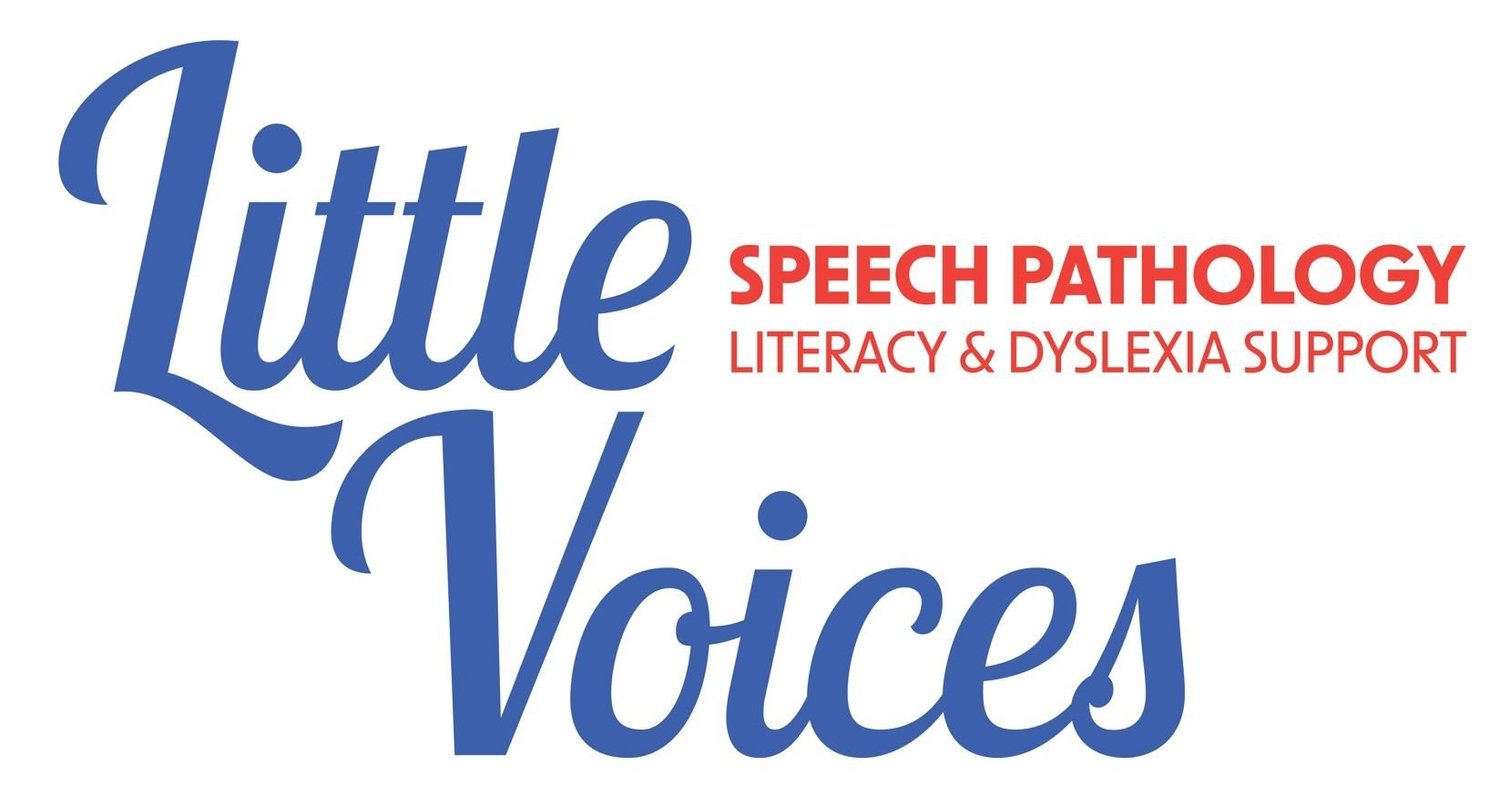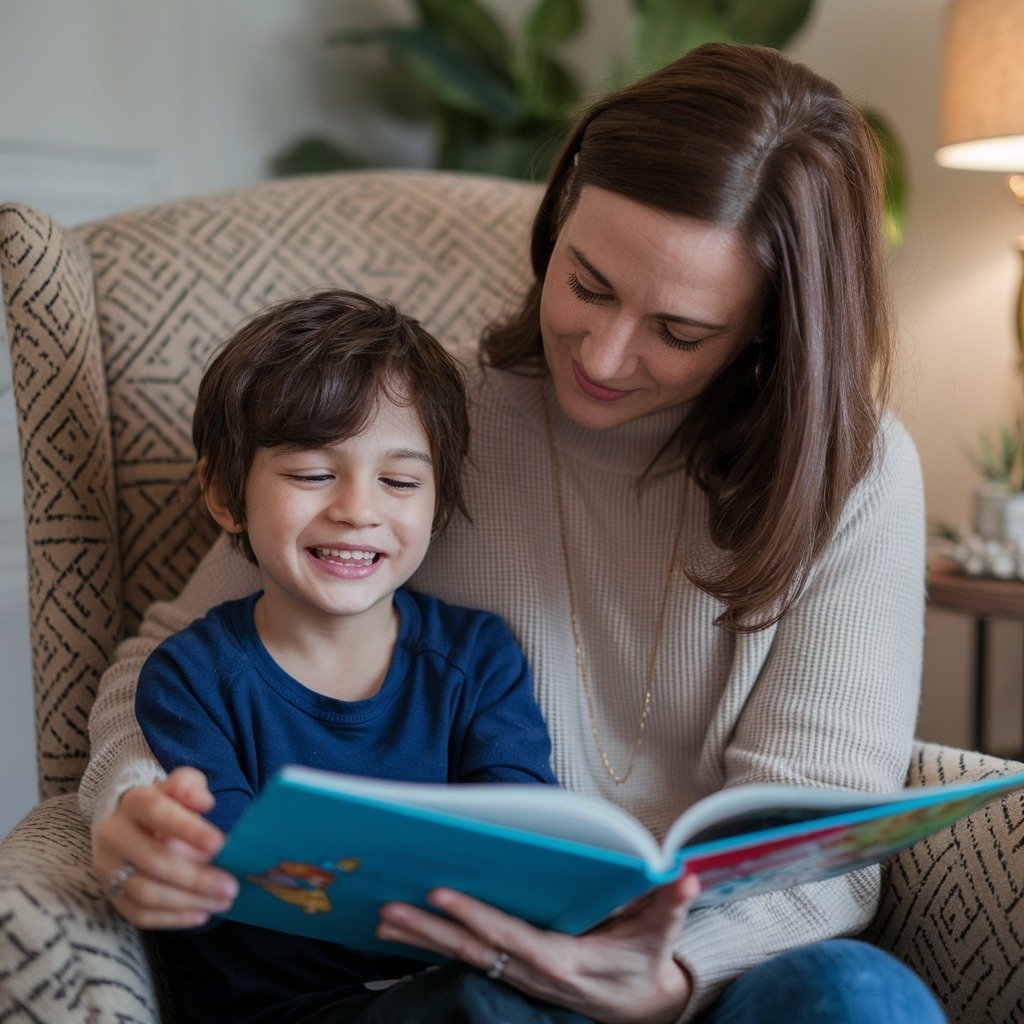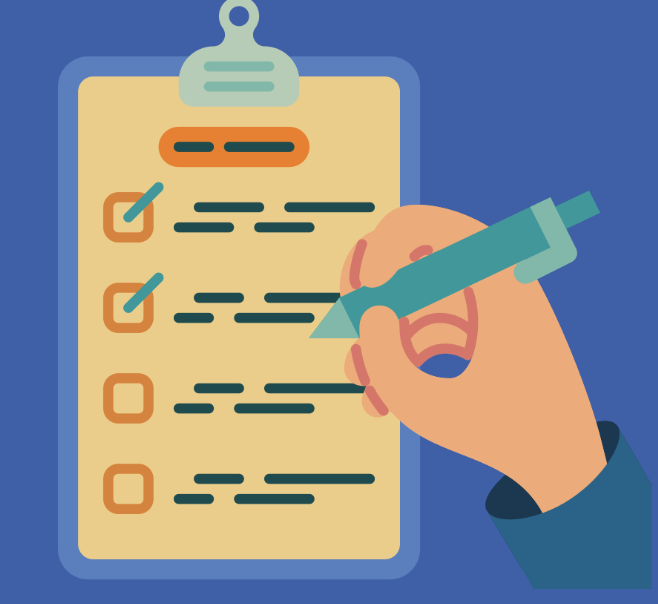
Little Voices Speech Pathology
Ph: 0479178291
Email: admin@litlevoices.net.au
Helping your child become a successful and happy communicator.
Learn more about our online program for parents: Navigating Dyslexia.
SIGN UP FOR THE FREE PARENT’S GUIDE TO SUPPORT YOUR CHILD WITH DYSLEXIA
Contact us: New referral
If you are seeking Speech Pathology assessment or support for a child, please complete the form using the button below. A member of our team will contact you shortly.
We also provide Dyslexia diagnostic assessments.
Our Core Values
At Little Voices, we’re committed to creating a supportive community where families can find dyslexia support, understand their child’s needs, and gain confidence through expert guidance in communication, mental health, and self-advocacy. Our mission is to offer a space where collaboration, compassion and excellence can flourish.
Community
Empathy
Expertise
Specialising in supporting the language and literacy development of all children.
Little Voices Speech Pathology is currently taking appointments for speech, language, literacy and dyslexia assessments. We have an open waiting list for ongoing therapy sessions.
Are you a parent or teacher feeling overwhelmed by how to help a child struggling with reading and spelling?
This is a common concern we encounter regularly. You're not alone, getting the right support for reading difficulties can still be a real challenge in Australia. Teachers often lack the knowledge they need and that’s not their fault. Every teacher I speak with genuinely wants to help their students. But the reality is, many haven’t been shown how to support children with learning difficulties, and they don’t know where to start.
When a child is struggling with reading and writing, some teachers begin to suspect dyslexia. However, this is often where they encounter significant barriers. Sometimes, school leadership tells teachers it’s not their place to raise concerns. As a result, the child misses out on the dyslexia support they need. Parents are feeling confused, frustrated, and unsure how to help.
Even when teachers raise their concerns, accessing the next step is not always straightforward. Getting a formal dyslexia diagnosis in Australia can be costly, time-consuming, and confusing. For many families, it becomes yet another barrier to getting the dyslexia help their child deserves.
People sometimes call dyslexia “the rich person’s disability” and sadly, that name reflects a real problem. In some places, a full dyslexia assessment can cost up to $3000. On top of that, families often face long waiting lists and little guidance.
This is deeply frustrating and truly disheartening. Watching your child struggle with reading and writing, especially when you don’t know how to help, can be incredibly hard. It can leave you feeling lost, overwhelmed, and exhausted from constantly having to advocate.
We’re working to create a world where no child feels the despair or anxiety of being left behind simply because they learn differently. The emotional toll of dyslexia doesn’t just affect children — it impacts the whole family.
But with the right dyslexia support, effective strategies, and a supportive community, we can change that.
Our NAVIGATING DYSLEXIA online program was designed specifically because of the lack of information and knowledge about dyslexia.
Read Elise’s blog about some families’ experiences here: The Devastating impact of a late dyslexia diagnosis.
If this sounds familiar to you, we can help. Check out our “Services” page for more information about what we offer.
Language and Literacy Development
As a parent, sending your child off to school for the first time can be an emotional experience. On the one hand, you’re proud and excited to see your child enter a new phase of education and growth. You might also feel nervous about how your child will settle in and how they’ll handle the changes and challenges ahead.
Learning to read and write should be a fun journey of discovery for all children. For many parents, nothing compares to the joy of watching their child unlock the world of reading for the first time. For many children though, learning to read is not as successful as it could be. For many children learning that the strange squiggles they see on paper match the speech sounds they say is not an easy process.
They may not be able to identify the individual sounds that we say in different words. They may not be able to easily learn the relationship between the sounds they say and the letters that represent them. They may have difficulty with aspects of spoken language, such as understanding and learning vocabulary, or structuring spoken sentences. Or they may learn these early skills but come to a hurdle later in school when learning to read becomes about reading to learn.
Unfortunately, many schools in Australia don’t teach reading and writing in a way that works for all children. Some kids miss out on the support they need to build strong literacy skills. Or your child may need more repetition or more explicit teaching than school provides them. If you suspect this may be the case for your child and feel uncertain about how best to support them, know that you are not alone.
Call Little Voices to chat about how we can support your child as they learn to read and write with confidence.
Want to learn more about how a Speech Pathologist can help with reading and spelling? Visit our Dyslexia and Literacy Support page.
Can a Speech Pathologist diagnose Dyslexia? To learn more about this, read Elise’s recent blog post, Unlocking the Mystery.





















